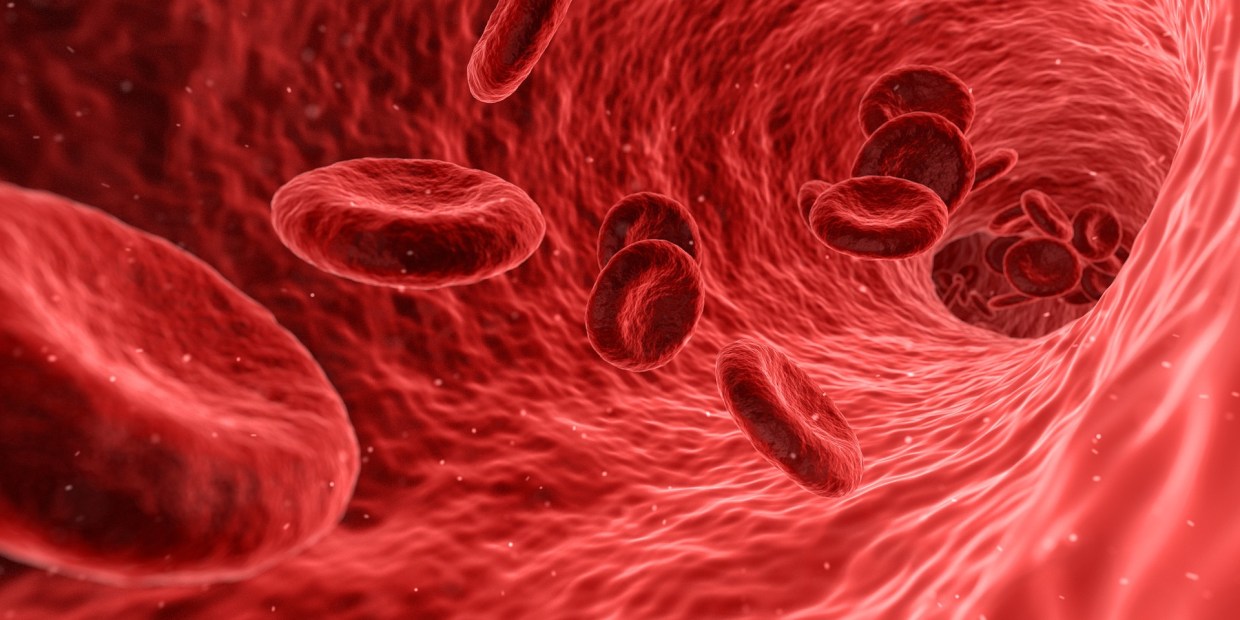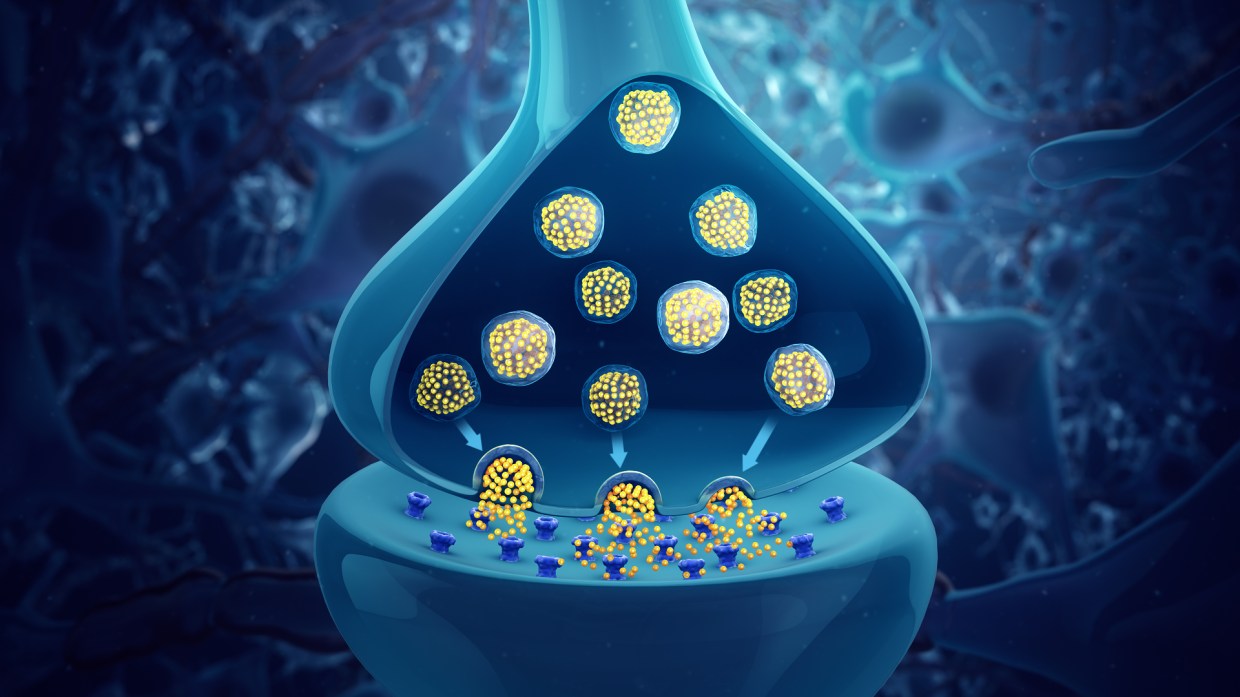
Folic Acid: What It Is, And Why It’s An All-Important Nutrient
Maybe you have extreme fatigue on a regular basis, a feeling of weakness, or a mood that’s lying somewhere in the doldrums. What do these have in common? For one, they can all be caused by a folic acid deficiency.
But what is folic acid anyway?
Folic acid is a lab-made version of the compound vitamin B9 (which is called folate when it comes from natural sources like green leafy vegetables). Vitamin B9, in turn, is a B vitamin – and an essential nutrient that your body absolutely depends on for many of its cellular functions. In fact, quite a number of alarming health conditions can arise if your body’s B9 levels get too low.
Folic acid is a lab-made version of the compound vitamin B9 (which is called folate when it comes from natural sources like green leafy vegetables) – an essential nutrient that your body absolutely depends on for many of its cellular functions.
To see why that’s the case, let’s take a look at the role that folic acid – or vitamin B9 – plays in your body. Then, we’ll dive into 3 specific reasons why folic acid is truly an all-important nutrient.
THE ROLE OF FOLIC ACID IN YOUR BODY
Folic acid is what’s known as a “coenzyme.” Enzymes are biological molecules in your cells that speed up the many chemical reactions needed to keep your tissues and organs functioning. In fact, if you didn’t have enzymes, essential chemical reactions in your body – which often happen in just milliseconds – would take nearly 80 million years to occur (or even longer!). Such is the power of enzymes, and coenzymes are special compounds which allow enzymes to handle an even greater set of chemical reactions.
So, since folic acid is a coenzyme – and since enzyme-driven reactions are at the heart of metabolism and other critical processes in your body – you can perhaps see why folic acid is so crucial to your well-being. In short, if you don’t get enough folic acid, then a lot of chemical reactions in your cells and tissues would stall a bit – disrupting many different activities in your body.
 Folic acid is crucial to your well-being.
Folic acid is crucial to your well-being.
Now, onto specifics: here are 3 reasons why you need an adequate amount of folic acid.
FOLIC ACID IS GOOD FOR A DEVELOPING BABY
Back in 1998, the FDA initiated a new policy: all enriched cereal-grain products were to be fortified with folic acid. There was (and is) a good reason for this: vitamin B9 deficiency in pregnant women can result in neural tube birth defects (defects in the brain, spine, or spinal column of the developing baby).
Scientific research has persuasively demonstrated that folic acid supplementation at the onset of conception can significantly lower the risk of a child being born with neural tube defects. B9 is instrumental in cell growth – as well as DNA production and repair – so it’s little wonder that healthy fetal development requires this nutrient.
 Scientific research has persuasively demonstrated that folic acid supplementation at the onset of conception can significantly lower the risk of a baby having neural tube defects.
Scientific research has persuasively demonstrated that folic acid supplementation at the onset of conception can significantly lower the risk of a baby having neural tube defects.
Because of the risk of neural tube defects occurring in the developing infant as a result of B9 deficiency, many medical experts suggest that you supplement with folic acid if you're trying to become pregnant or are pregnant (consult your healthcare provider to learn what dose is best for you).
WITHOUT FOLIC ACID, YOU MIGHT NOT HAVE ENOUGH OXYGEN-PACKED RED BLOOD CELLS IN CIRCULATION
On average, a normal red blood cell in your body will live for about 4 months. The main job of red blood cells is to carry oxygen to your body’s tissues (from your lungs). So the more red blood cells you have in circulation, the more oxygen your cells can get.
Because red blood cells have a limited “lifespan,” the oldest red blood cells are replaced on a daily basis. The biology behind their replacement is somewhat complex – and involves a host of molecules and compounds acting in coordination. One such compound is folic acid or vitamin B9, which is needed for this process to happen efficiently. Without enough vitamin B9, then, old red blood cells cannot be replaced quickly enough.
The end result? You won’t have as many red blood cells circulating oxygen throughout your body (this is a condition known as “anemia”), so your body’s tissues and organs will be “starved” of oxygen – severely limiting their function over the long-term. This can contribute to heart problems, excessive fatigue, and other health complications.
 Without enough vitamin B9, old red blood cells cannot be replaced quickly enough by fresh blood cells. So you won’t have as many red blood cells circulating oxygen throughout your body.
Without enough vitamin B9, old red blood cells cannot be replaced quickly enough by fresh blood cells. So you won’t have as many red blood cells circulating oxygen throughout your body.
Symptoms of anemia include excessive fatigue and weakness – which isn’t surprising, really, given the fact that all your cells require oxygen to work well.
FOLIC ACID IS GOOD FOR YOUR BRAIN
One key thing folic acid does is control production of important neurotransmitters.
Neurotransmitters – like serotonin and dopamine, for example – are how electrical signals are sent throughout your central nervous system, including your brain.
Nerve fibers connect with one another by tiny, fluid-filled gaps known as synapses. An electrical impulse traveling through a nerve fiber – such an impulse could be generated by the sound waves produced by your favorite song, for example – can’t directly pass through a synapse.
So what happens is this: once the electrical impulse reaches one end of the nerve fiber, it triggers the release of neurotransmitters. Since neurotransmitters aren’t electrical impulses – they’re chemicals – they’re capable of traveling across the fluid-filled gap of the synapse.
 Illustration of one nerve fiber releasing neurotransmitters (in yellow) into the synpase (the gap between two nerve fibers). Neurotransmitters travel across the synapse and bind to the next nerve fiber.
Illustration of one nerve fiber releasing neurotransmitters (in yellow) into the synpase (the gap between two nerve fibers). Neurotransmitters travel across the synapse and bind to the next nerve fiber.
Once they reach the other side of the “gap,” the neurotransmitters latch onto the neighboring nerve fiber. This sets off an electrical impulse that travels through the nerve fiber. The whole process then continues – from one nerve fiber to the next.
In this way, electrical signals can be transmitted quite efficiently throughout your brain. Of course, this means that if you don’t have enough transmitters – because of folic acid deficiency, for example – then your brain won’t function as effectively. This can make you vulnerable to various psychiatric conditions like depression – just one more reason why it’s beneficial to have a healthy level of folic acid.
 Vitamin B deficiency can make you vulnerable to various psychiatric conditions like depression – just one more reason why it’s beneficial to have a healthy level of folic acid.
Vitamin B deficiency can make you vulnerable to various psychiatric conditions like depression – just one more reason why it’s beneficial to have a healthy level of folic acid.
Conclusion
From making sure your cells are working properly to helping your brain run smoothly – and, of course, giving a developing baby better odds of healthy development – folic acid is widely used by your body to perform a staggering number of jobs.
